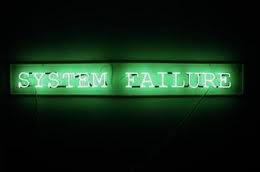 I am a great admirer of Larry Davidson’s work and writings. Three of his books are amongst my favourite reads in the mental health field—please see below. These books provide clear insights into the whys and hows of adopting recovery based care. Here is an example of Larry’s writing, which appeared on the Mad in America website. I first posted this article on Recovery Stories in 2014.
I am a great admirer of Larry Davidson’s work and writings. Three of his books are amongst my favourite reads in the mental health field—please see below. These books provide clear insights into the whys and hows of adopting recovery based care. Here is an example of Larry’s writing, which appeared on the Mad in America website. I first posted this article on Recovery Stories in 2014.
‘The first time I tried to write about peer support – that emerging form of “service delivery” in which one person in recovery from what is described in the field as a “serious mental illness” offers support to another person who is in distress or struggling with a mental health condition – was in 1994. The manuscript was summarily rejected from an academic journal as representing what one of the reviewers described as “unsubstantiated rot.”
That same article was eventually published 5 years later [1], and used by the President’s New Freedom Commission on Mental Health to support its recommendation that peer supports be implemented across the country [2]. Now, more than a decade later and as peer support arrives at something of a crossroads, both of these reactions remain instructive.







